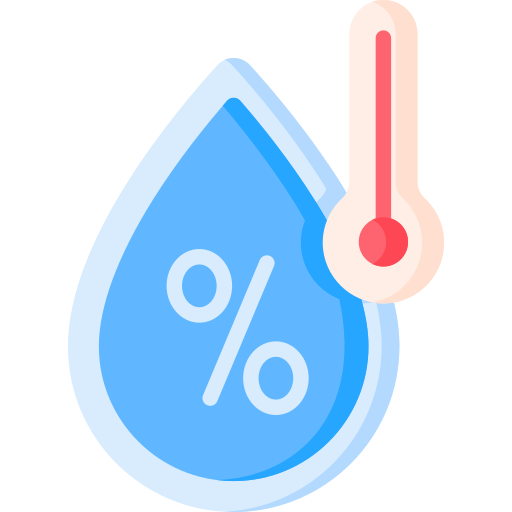Bern - Introduction

About Bern
Bern (Swiss Standard German: [bɛrn] ), or Berne (French: [bɛʁn] ), is the de facto capital of Switzerland, referred to as the "federal city". With a population of about 146,000 (as of 2024), Bern is the fifth-most populous city in Switzerland, behind Zürich, Geneva, Basel and Lausanne. The Bern agglomeration, which includes 36 municipalities, had a population of 406,900 in 2014. The metropolitan area had a population of 660,000 in 2000.
Bern is also the capital of the canton of Bern, the second-most populous of Switzerland's cantons. The official language is German, but the main spoken language is the local variant of the Alemannic Swiss German dialect, Bernese German. In 1983, the historic old town (in German: Altstadt) in the centre of Bern became a UNESCO World Heritage Site. It is notably surrounded by the Aare, a major river of the Swiss Plateau.
Although fortified settlements were established since antiquity, the medieval city proper was founded by the Zähringer ruling family, probably in 1191 by Berthold V, Duke of Zähringen. Bern was made a free imperial city in 1218 and, in 1353, it joined the Swiss Confederacy, becoming one of its eight early cantons. Since then, Bern became a large city-state and a prominent actor of Swiss history by pursuing a policy of sovereign territorial expansion. Since the 15th century, the city was progressively rebuilt and acquired its current characteristics. Bern was made the Federal City in 1848. From about 5,000 inhabitants in the 15th century, the city passed the 100,000 mark in the 1920s.
Bern Current Weather
,
| Parameter | Value |
|---|---|
Wind 
|
|
Pressure 
|
|
Humidity 
|
|
Visibility 
|
|
UV Index 
|
|
Precip 
|